EQ is one of the most basic—and important—tools you have as an audio engineer.
But there are so many different EQs out there, how do you know which ones are for you?
You might be thinking your DAW’s channel EQ is perfectly fine. But not all EQs are the same. There’s more types than you might think.
This article will teach you about the common styles of EQ and how to use them to shape the perfect sound.
Analog EQ
Early EQs were all analog. Some of the earliest equalizer designs are still around today.
Engineers covet these analog beauties for the musically pleasing way they shape sounds. The musical qualities are the result of the unique circuit design of each unit.
Certain EQs became so sought after that plugin designers developed software to emulate them as closely as possible in the digital domain—leading to a mind-boggling ocean of plugin choices.
So what are the different styles of analog EQ? How do they work? What are they used for and where do they work best?
There’s no hard and fast rules when it comes to choosing an EQ. But there are some helpful guidelines that will help you get started with the classic designs.
Pultec-style EQ
The Pultec EQP-1A is the most sought after EQ ever. Well-preserved original units can sell for over $10,000.
The Pultec EQP-1A is the most sought after EQ ever.
Fortunately for us, the EQP-1A has a long history of software emulation. Today’s Pultec-style plugins can sound good—if you know how to use them.
Pultec-style EQ can work wonders to subtly boost top end or extend lows. It can even make broad EQ enhancements without sacrificing any of the original vibe of the sound.
Since the EQP-1A hails from the earliest era of equalizers, it’s control scheme is a little less intuitive than modern designs.
The bandwidth control affects both the high and low band, but low band works differently from the high band.
For the low band, the boost and attenuate knobs are both linked to one of four frequency options. This quirk allows you to both boost and cut at the selected frequency.
The overlapping filters create a steep bump that’s fantastic for boosting the fundamental frequencies of low end instruments.
The high band has separate frequency options for boosting and cutting with overlaps at 5 and 10 kHz.
These controls are interactive and can result in some unique equalization curves.
Best Pultec EQ VSTs
Free Plugin: Ignite Amps PTeq-X
Ignite Amps PTeq-X is a fantastic (and free) way to get started with Pultec-style EQ. It works just like the original so you can get a sense for creating those quirky overlapping curves.
Cheap Plugin: Waves PuigTec EQP-1A
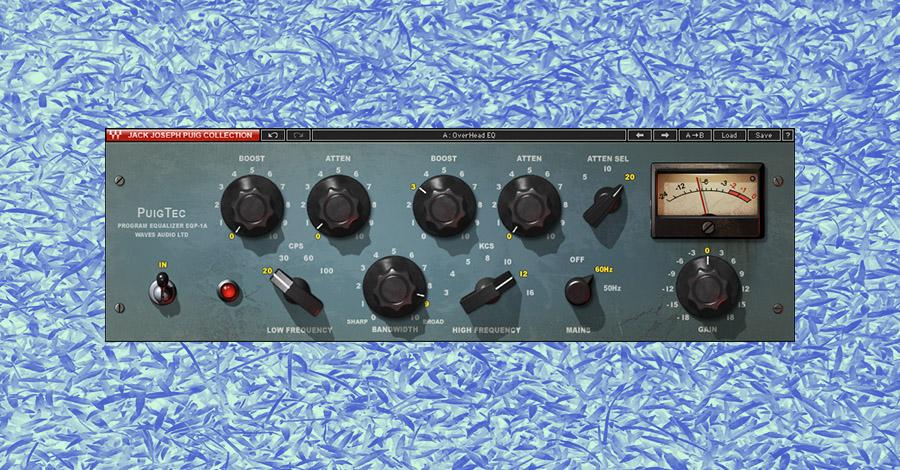
The Waves PuigTec EQP-1A is a well-emulated, workhorse Pultec EQ. It’s very affordable if you can catch it on sale.
Pro Plugin: UAD Pultec EQP-1A
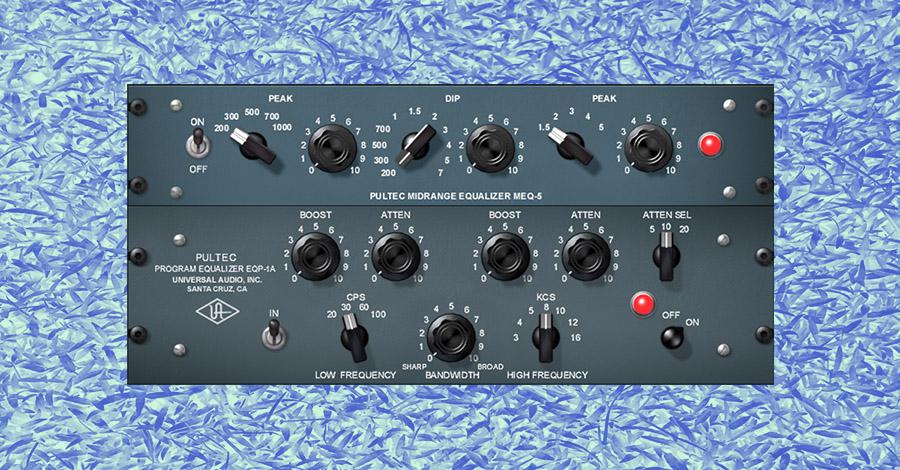
The UAD Pultec EQP-1A is the industry standard software Pultec. UAD spared no expense in creating the perfect Pultec for your DAW.
SSL Channel EQ
SSL console strips did a lot to inform our idea of what a modern EQ is.
SSL console strips did a lot to inform our idea of what a modern EQ is.
Classic features we’re familiar with today like integrated high/low-pass filters and variable Q were popularized by these consoles.
The SSL consoles are famous for their incredibly powerful filters.
The sharp high/low-pass filters, precise frequency ranges and extremely narrow Q options make this a EQ a first choice for surgical suturing and dramatic tonal changes. Their character is precise but aggressive.
Best SSL EQ VSTs
Free Plugin: Smacklabs Logic Channel
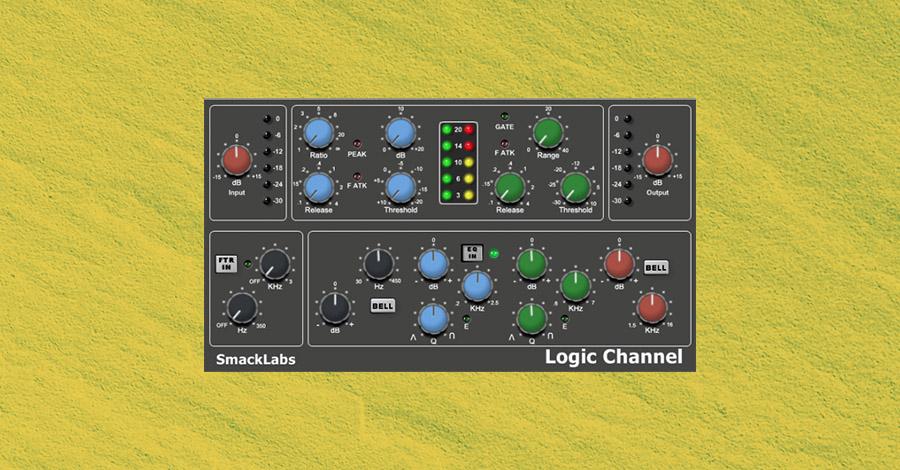
Smacklabs Logic Channel is a good entry-level SSL EQ. This free plugin models the entire SSL channel strip, so you can try out the classic SSL-style compressor and gate/expander while you’re at it.
Cheap Plugin: Slate FG-S
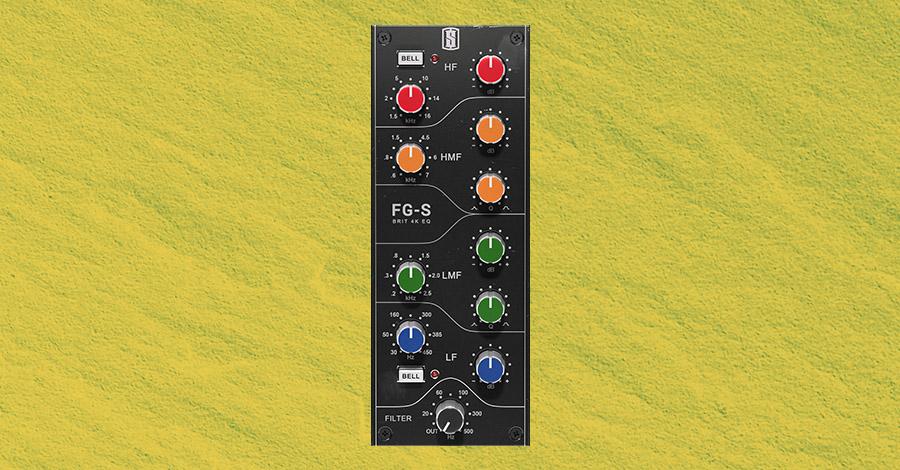
The Slate FG-S comes bundled with their very affordable VMR channel strip collection. The FG-S packs all the features and sound of the aggressive, surgical SSL channel EQ.
Pro Plugin: SSL Native Channel Strip
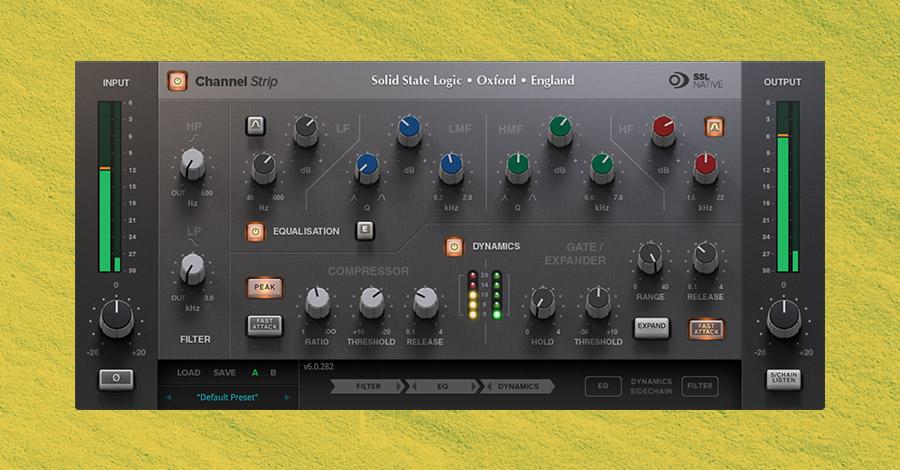
SSL recently jumped into the software game with their own line of plugins—including an in-house version of their classic console channel strip. Why not go straight to the source?
API-style EQ
Experienced engineers often refer to API as the “American” sound in contrast to the “British” Neve tone.
They’re two sides of the same classic console coin.
If you’re a fan of music from the 60’s and 70’s, there’s a good chance some of your favourite records were recorded one of these desks.
The classic API EQ comes in a three band (550a) or four-band (550b) flavour.
The bands don’t have individual Q controls, but the EQ is designed so that the Q becomes progressively sharper as you apply more extreme cuts or boosts.
It’s intuitive and keeps you from worrying too much about the Q setting.
API-style EQ splits the difference between surgical and sculpting. Mild settings can be very transparent, while extreme cuts or boosts can be dramatic and vibey.
Best API EQ VSTs
Free Plugin: Bee-Happy 550
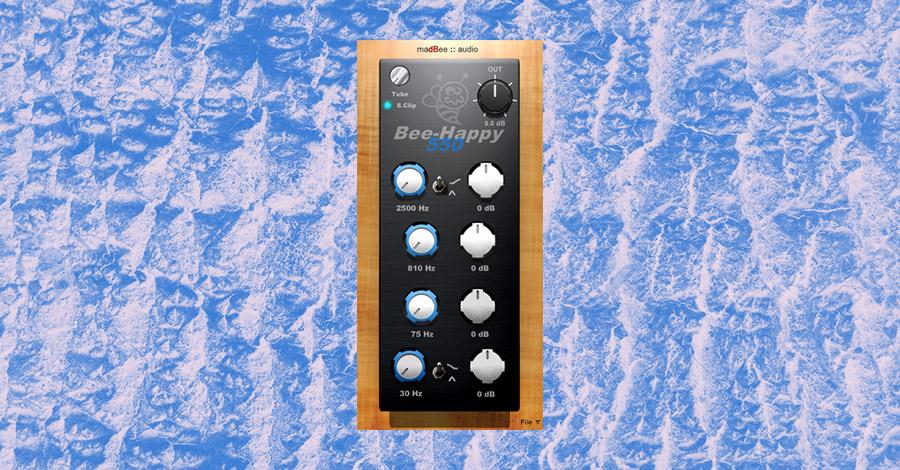
Bee-Happy 500 is a free API-style plugin for those looking to start with classic 70’s console EQ.
Cheap Plugin: Sly-Fi Axis
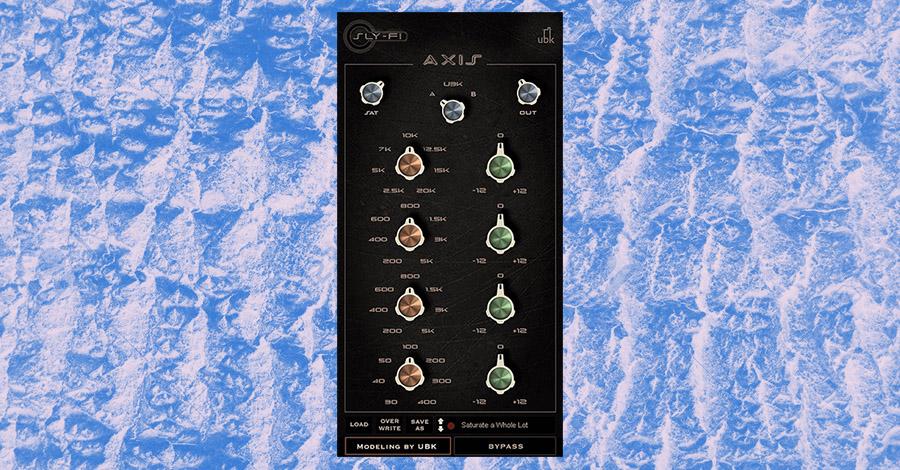
Sly-Fi Axis is part of the UBK family of products that includes the innovative Kush Audio hardware and software. This EQ is an API on steroids that’s meant to exaggerate the analog colouration of the original.
Pro Plugin: Waves 550a & 550b
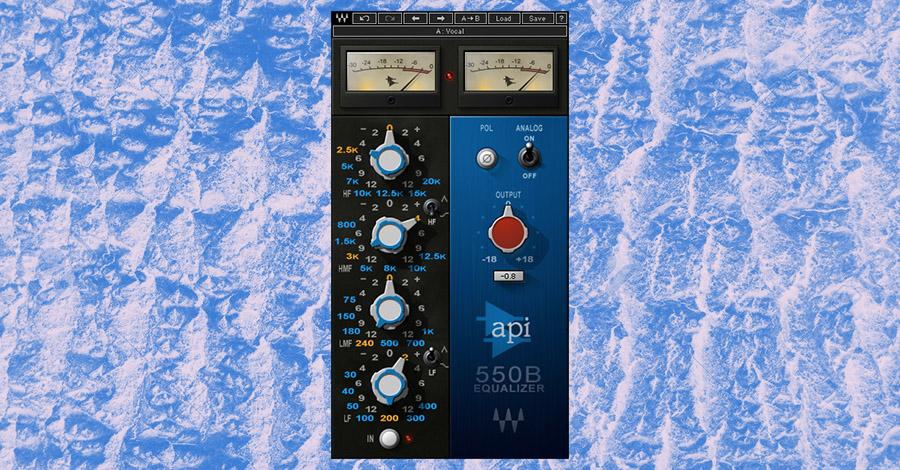
Waves 550a and 550b are fantastic native emulations of the API EQ. These are great-sounding and versatile plugins to get the API sound on your tracks.
Neve-style EQ
Neve consoles are the world’s most prized vintage recording equipment.
From the early sixties until the mid-eighties, Neve Electronics produced consoles legendary for their warm, musical sound.
The preamp section of the Neve console strip often gets the most attention, but the EQ is a big part of the Neve sound.
Neve EQs are another great option for broad, smooth cuts and boosts with lots of character.
Neve EQs are another great option for broad, smooth cuts and boosts with lots of character.
There are several different flavours of Neve EQ from the various revisions of the console, but they mostly share the same architecture with a high-pass filter, two or three parametric mid bands and one fixed high band.
The fixed 12 kHz high band found on the Neve 1073 EQ is famous for its ability to add air to vocals, drum rooms and overheads.
Best Neve EQ VSTs
Free Plugin: Smacklabs SL84 Console EQ
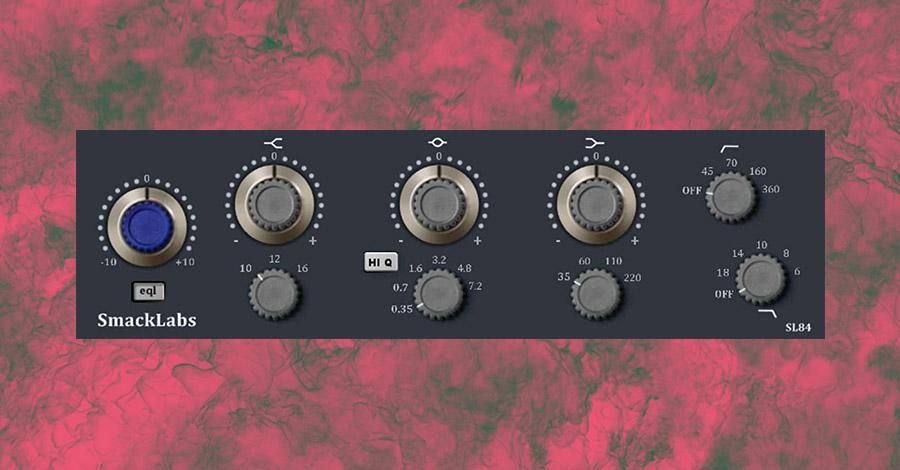
Smacklabs SL84 Console EQ will give you a taste of the Neve EQ sound for free. It’s accurately modelled using IR technology.
Cheap Plugin: Sonimus Burnley 73
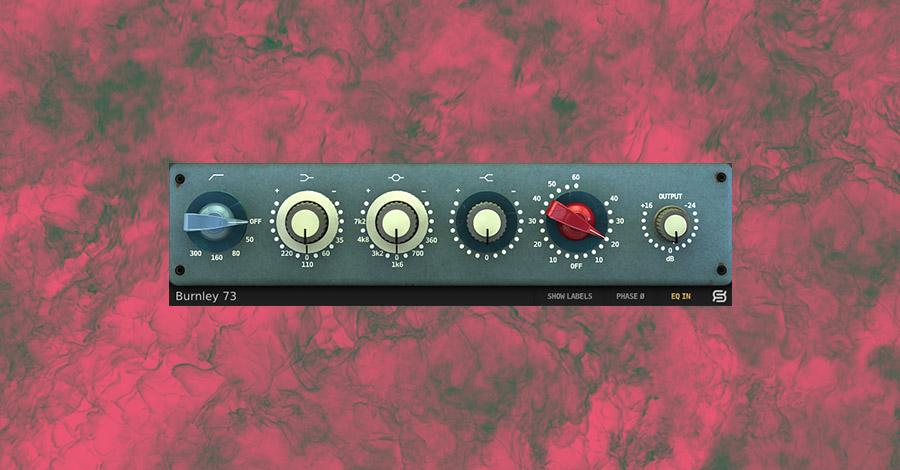
Sonimus Burnley 73 is super economical way to get the sound of a 1073 on to your tracks.
Pro Plugin: UAD Neve 1073
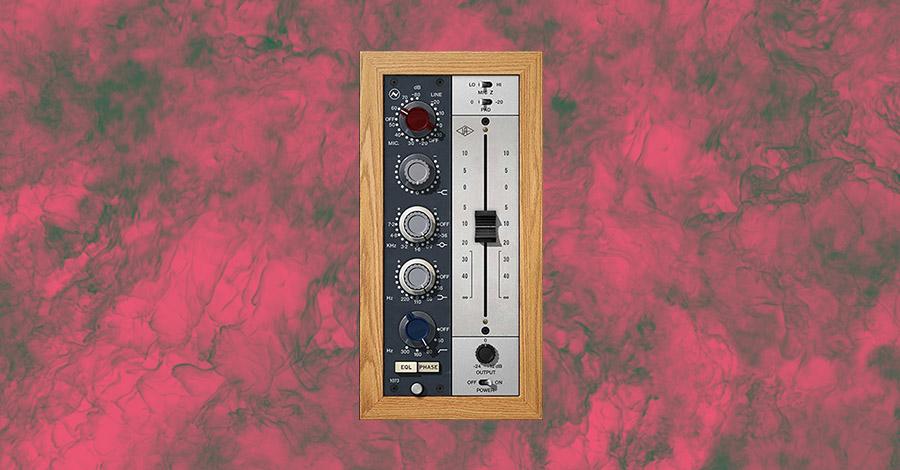
The UAD Neve 1073 is a tremendously accurate emulation of the classic 1073 preamp and EQ. It’s incredibly smooth and musical with tone that screams Neve.
Digital EQ
We all drool over the analog EQ beauties. But that doesn’t mean there aren’t extremely useful and creative tools that don’t have anything in common with the classics.
Digital EQ is essential for any DAW. It’s the most precise tool in your EQ tool box.
Reach for digital EQ when you want to make changes without colouring your sound at all. In the right hands, digital EQ can be powerful, flexible and utterly undetectable.
Reach for digital EQ when you want to make changes without colouring your sound at all.
It’s a first choice for “problem solving” duties like notching out room resonances.
Best Digital EQ VSTs
Free Plugin: Your built-in DAW EQ
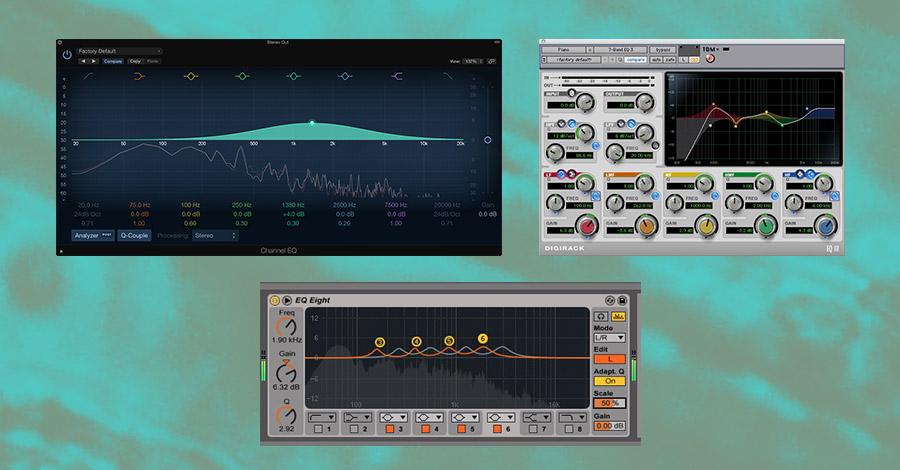
Most DAWs come bundled with a capable digital EQ. We’re talking about stock DAW plugins like Ableton EQ Eight, Logic Channel EQ, and Avid EQIII. These are all effective entry points into digital EQ.
Cheap Plugin: Voxengo PrimeEQ
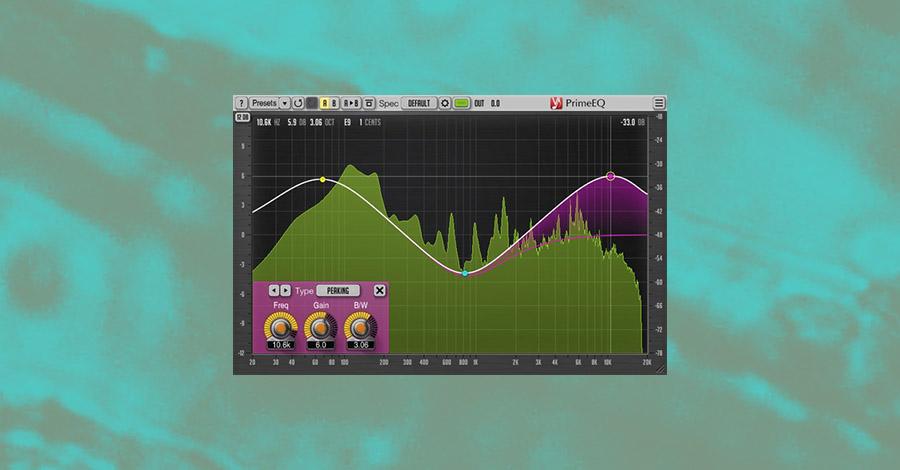
Voxengo PrimeEQ is a robust, well-designed digital EQ from a respected company. Look no further if you’re after a nice workhorse digital EQ.
Pro Plugin: Fabfilter ProQ 2
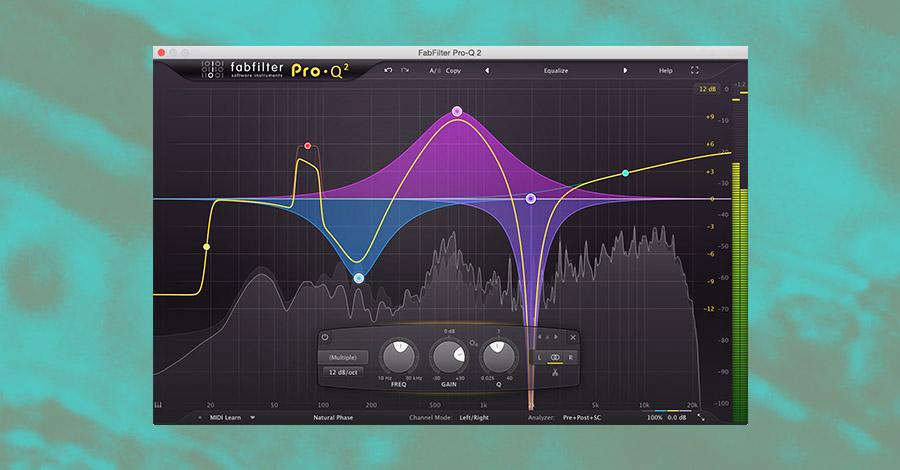
Fabfilter ProQ 2 is the most technologically advanced EQ on this list. The raw power of this EQ is staggering—it’s a singular feat of DSP engineering. Listing all its incredibly powerful features would take far too long, let’s just say this a top-tier professional EQ!
Great Equalizer
There’s a whole world of EQ out there.
It’s such a fundamental tool that engineers will always have strong opinions about it. And that means that designers will always be creating new and better versions.
Wading through that water is daunting and exciting at the same time.
But now that you know a little bit about the types of EQ, go head try some of the plugins on this list. You’ll find out which EQ works best for you!
The post The 15 Best EQ Plugins to Shape Your Mix appeared first on LANDR Blog.